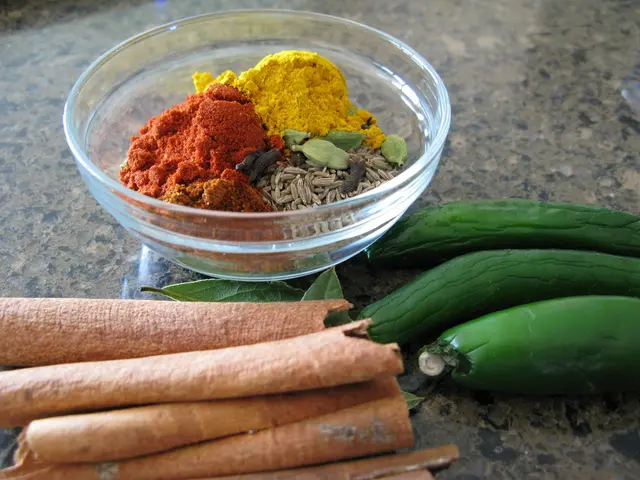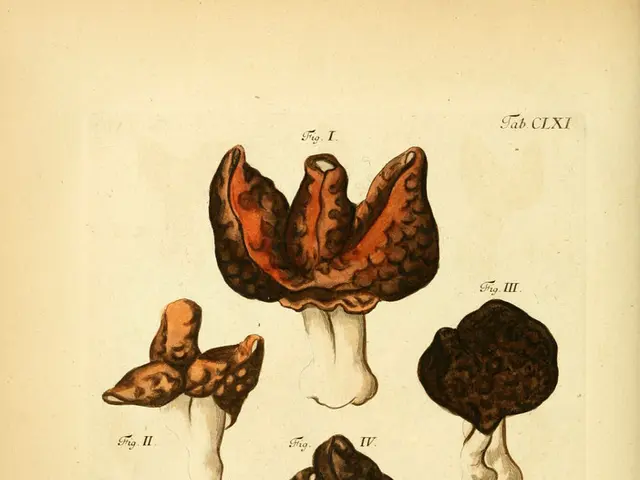Dates: Nutritional Facts and Health Perks Explored
Dates, a sweet and nutritious fruit, have been a staple in various cuisines for centuries. Originating from the Greek word daktulos, which means fingers, these tiny fruits are packed with essential nutrients and offer numerous health benefits.
### Health Benefits of Eating Dates
Rich in polyphenols and antioxidants, dates contain powerful compounds such as flavonoids, carotenoids, and phenolic acids that help protect cells from oxidative damage and reduce inflammation. This antioxidant activity may lower the risk of chronic diseases.
Dates are also high in fiber, providing about 8 grams per 100 grams. This fiber content supports digestive health by promoting regular bowel movements and aiding in gut health. Furthermore, the potassium in dates supports heart health by helping regulate blood pressure and maintaining electrolyte balance, crucial for muscle and nerve function.
### Incorporating Dates into a Well-Balanced Diet
The natural sugars in dates provide quick energy, making them a healthier alternative to refined sugars in various recipes. Dates can be used as a natural sugar substitute in baking, blended into pastes or chopped to replace refined sugar in baked goods like cookies, cakes, and muffins.
Pairing dates with protein and healthy fats helps create a more balanced snack that sustains fullness longer. Combining them with almond butter, nuts, or yogurt can enhance flavor and nutrient density while adding fiber and potassium.
Adding dates to smoothies or topping oatmeal and yogurt with chopped dates can also enhance flavor and nutrient density while adding fiber and potassium. A single date can satisfy sweet cravings in a nutrient-rich way, making it a better alternative to candy and processed sweets.
### Key Nutrients and Benefits in Dates
| Nutrient | Health Benefit | Typical Content per 100g | |-----------------|-------------------------------------------------|-------------------------------| | Polyphenols | Antioxidant, anti-inflammatory | High (flavonoids, carotenoids)| | Fiber | Supports digestion, gut health | ~8 grams (32% DV) | | Potassium | Heart health, blood pressure regulation | High | | Natural sugars | Energy boost; sugar alternative in baking | ~75 g total carbs |
### Cautions and Considerations
People with IBS or sensitive digestion should introduce dates gradually due to their fiber content. Portion control is important since dates are calorie- and sugar-dense despite their health benefits.
### Varieties and Storage
Common varieties include Deglet Noor and Medjool dates, with Medjool dates being larger than Deglet Noor dates. Dried dates will last for about 1 year in an airtight container and many years if frozen. Fresh dates are harvested in the fall and early winter.
In conclusion, dates are a nutritious, versatile fruit that supports cardiovascular, digestive, and anti-inflammatory health and can be used effectively as a natural sugar substitute in a balanced diet. Whether eaten fresh or dried, like raisins, dates offer a sweet, nutrient-dense option for snacking and cooking.
- Dates, with their high polyphenol content, contain powerful compounds that protect cells from oxidative damage and reduce inflammation, potentially lowering the risk of chronic diseases like breast cancer, nsCLC, arthritis, and others.
- The fiber-rich nature of dates supports not only digestive health but also the health of individuals dealing with conditions such as eczema, psoriatic disease, or Crohn's disease.
- The potassium in dates aids in heart health, supporting blood pressure regulation, crucial for muscle and nerve function, and maintaining electrolyte balance, a concern for individuals with conditions like hyperglycemia or hepatitis.
- As part of a well-balanced health-and-wellness lifestyle, dates can be incorporated into various food-and-drink options, such as fitness-and-exercise recipes, cooking, and nutrition plans.
- With a sweet flavor, dates can act as a predictive healthy alternative to processed sugars, making them ideal for replacing refined sugar in healthier food-and-drink choices like recipes for smoothies, oatmeal, yogurt, and various health-focused baking categories like cookies, cakes, and muffins.
- When combined with protein and healthy fats, such as almond butter, nuts, or yogurt, dates form a balanced snack that sustains fullness longer and provides a boost in nutrient density.
- The antioxidants and macular carotenoids in dates can help slow down degenerative eye diseases like age-related macular degeneration (AMD).
- Consuming dates can help manage conditions like HIV and obesity, as their fiber content and overall nutritional profile support weight management and metabolic health.
- By frequently incorporating dates into a diet and adopting a fiber-rich lifestyle, individuals can boost their overall nutrition intake and enjoy a variety of health benefits beyond those specific to dates.
- Other nutrition considerations, such as increased obesity prevalence and the rising incidence of conditions like asthma and hyperglycemia, make it essential to focus on healthy eating habits and food choices.
- Date consumption can also help address nutritional deficiencies caused by other factors, like poor nutrition or a lack of access to healthy food-and-drink options in certain communities.
- The scientific community continues to study the numerous health benefits of dates, particularly in relation to their role in disease prevention and management.
- To optimize the overall nutritional impact, it's crucial to enjoy a diverse selection of foods and consider the fiber content, health benefits, and nutrient density in recipes, cooking choices, and lifestyle decisions.
- With their diverse benefits, dates offer a versatile and nutritious addition to any balanced diet, promoting fitness-and-exercise performance, heart health, and overall well-being.







